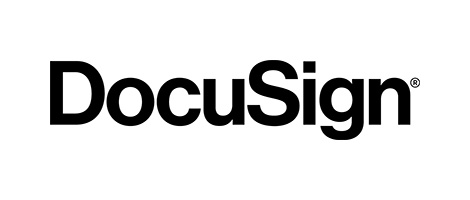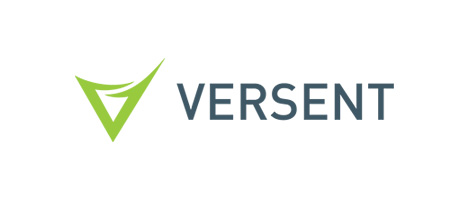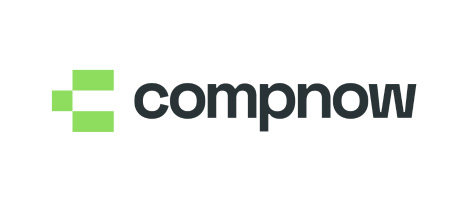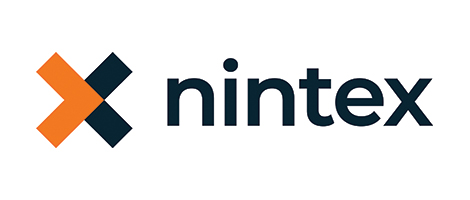Join us at the 2022 FST Government South Australia conference, as we welcome public sector thought leaders and top technologists to track SA’s tech and digital innovation pipeline.
The geographic heart of Australia has also become its epicentre for impressive and large-scale tech innovation projects. And South Australia doesn’t look like it’s slowing down at all. Budget announcements only continued the new Labor Government’s grand outlook on upscaling digital resources and enhancing citizen experiences in the wake of COVID-19, and the introduction of long-term state-wide reforms.
The big picture of SA is set on boosting space, digital, hi-tech and cyber companies in a collaborative setting, but it hasn’t lost sight of any digital needs at the grassroots level. After the COVID-19 pandemic put the Government to the test on its digital delivery, its pre-existing foundations in hi-tech innovation only accelerated its development of digital services and systems, allowing South Australia to bounce back better than ever before. Join us at the 2022 FST Government South Australia conference, as we welcome public sector thought leaders and top technologists to track South Australia’s tech and digital innovation pipeline.
Join us where we’ll explore:
- The benefits of whole-of-government digital transformation and progress on initiatives outlined in the ICT, Cyber Security and Digital Government Strategy
- Importance of cyber security and implementation of Cyber Hazard Lead, Office for Cyber Security Watch Desk, Annual Training and Cyber Security Framework programs
- Data governance and privacy mandates
- How the SA government will continue its ambitious plans for tech innovation
- Smart cities and building digital-ready infrastructure
- Improving citizen outcomes through omnichannel services and platforms
- Employee experience, skills development, opportunities and capabilities
- How Artificial Intelligence (AI) and automation strategies can help SA make the leap to augmented, predicted government
- Online Accessibility: How do we measure and improve user experience? How can we best engage and provide citizens with government departments, resources and tools?
- Inter-Jurisdictional Collaboration: What actions can we take to ensure departments work collaboratively and share lessons, knowledge and ideas?
- How do we prioritise transformation and operating model redesign in line with best-practice SA agency Digital Strategies?
- Evolving workforce: How do we keep our employees up to date with new skills and technologies?
- Government Performance Framework: What are the responsibilities of the use and management of data across departments?
- Data sharing platforms and programs: How will they be implemented, and what are the main benefits of these initiatives?
- Cohesive Government Data Sharing: What actions are required to become a more responsive, collaborative, and connected government? And how do we equip and support people and groups with the right data skill sets?
- South Australia's Data Governance: What are the key opportunities for leveraging data and insights within the SA Government and departments, and how do we place the citizen at the centre of our decision-making? What successful examples are there currently? How do we apply critical lenses such as real-time, accessibility, and innovation safely to customer data?
- How can we ensure proper data and technology training, skills development and job opportunities within the Public Sector?
Cyber Security Evolutions: Enhancements for the Benefit of Public Sector and its Citizens
- Cyber Security Framework: How can government departments work best to tackle the changing nature of security and risks, on an ongoing basis?
- Cyber Security Operations Centre: How can departments collaborate to improve resilience and share learnings when it comes to Information Security?
- Cyber Security Resilience Program: How do we encourage skills and talent development across security roles and departments?
- Act Now, Stay Secure Campaign: How can we help citizens access tools for cyber security and safety?











































